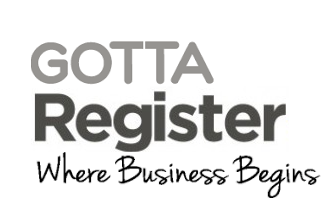Deciding to operate as a freelance contractor in London can be a profitable and rewarding way to make a living. But you also need to consider your business from a financial and a legal point of view. Tax liabilities and legislation affect how you operate as a freelance contractor. Here are five key financial concepts to be aware of when working for yourself in the capital.
1. You Need to Inform HMRC
Whether you have decided to make freelance writing or web design your fulltime occupation, or whether you are completing a few projects alongside your main job, you need to tell HMRC that you are getting some or all of your money on a self-employed basis. By doing this you alert HMRC to the fact that you will need to complete your tax return at the end of the financial year.
2. You May Be Liable for National Insurance Contributions
It depends on the amount of profit you make in your business whether you will need to make Class 2 and Class 4 National Insurance contributions – you can apply for a small earnings exemption. If you know that you are not going to be making much money from your London freelance work you should still register but you can apply for this exemption.
3. What Records Should I Keep?
In any business it is important to keep the right records so that you have the ability to fill out your tax return and also to make sure you can prove your income and expenditures. You should keep accurate records of any money you make from your freelance jobs. Keeping a copy of all your invoices covers this aspect. And you need to keep a record or receipt of any money you spend on the work including sub-contracting work to someone else. As you only pay tax on profit, you need to reduce this profit – central London accountants can help you further if you need to understand expenditure and earnings as they relate to tax and profit. It also helps if you have a separate bank account for your freelance work and you can transfer money to your personal account to live on.
4. Do I Need to Register for VAT?
Only if your sales reach a certain amount in a year-long period – again, central London accountants can help you with this aspect of freelance business in London. It is important to understand where registering for VAT can make a positive difference to your business.
5. Do I Need an Accountant?
It depends how confident you are at managing your tax returns, whether you want to set up as a limited company or stay as a sole trader, how much time you have for completing tax returns, and how complex your personal tax situation is. An accountant in London becomes useful when you are running a fulltime freelance enterprise and you employ people. Accountants know how to help you run your business and how to optimise your control over your tax and expenditure.
Image courtesy of patpitchaya/ FreeDigitalPhotos.net


